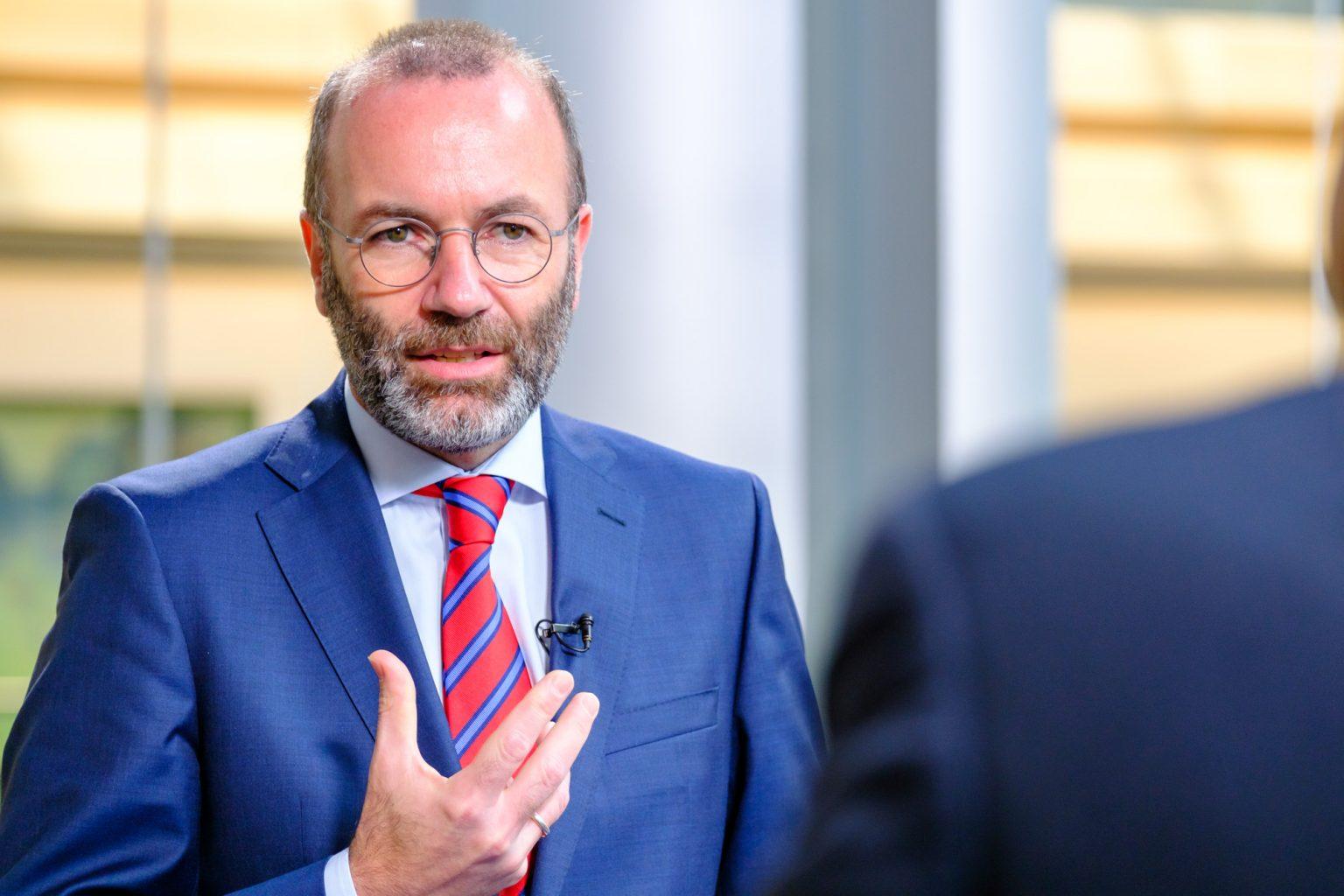Travel agencies close to the Belarusian Government took charge of the organisation and logistics of these ‘organised trips’ under the control of the secret services. Women and children, victims of a dictator who is using human misery to wage a hybrid war against the European Union.
The images from Minsk airport leave little doubt as to what is currently taking place in Belarus: in an unprecedented attempt to destabilise the European Union, Alexander Lukashenko’s regime has set up a huge human trafficking system on the EU’s north-eastern border.
The assistance that the Baltic countries and Poland have received from the EU in the form of equipment and experts is clearly not enough.
In my view, the request made by several countries for additional support to erect fences in very sensitive border areas should be heeded. The example of the Greek-Turkish border shows us that the construction of a wall has put a stop to Ankara’s blackmailing of the EU.
European funds are obviously not a blank cheque. They are in any case conditional on respect for the fundamental principles of the EU. But it is also our duty to assist the Member States on the frontline in dealing with this migratory pressure.
We must do everything we can to prevent people from entering the EU illegally and disappearing into the wild without being checked. It is therefore a good thing that the “operational and technical assistance to Member States” component of the new EU Asylum Agency has been considerably strengthened.
We also need to be very clear with Iraq and Syria in particular, but also with the airlines involved in the transport of these migrants, that we will not tolerate this situation.
As for Belarus, the destabilisation strategy of the Lukashenko regime cannot remain without consequences. The EU should examine the possibility of extending the list of sanctions against Minsk to include, for example, organisations and individuals linked to this human trafficking.
The seriousness of the situation at the Belarusian border, but also the recent examples of new arrivals of boats carrying hundreds of migrants in the Mediterranean, show how urgent it is to review the European asylum and immigration policy. I expect the governments of the Member States to show responsibility and finally take on this issue, which is so sensitive for all Europeans.
My column in l’Opinion




